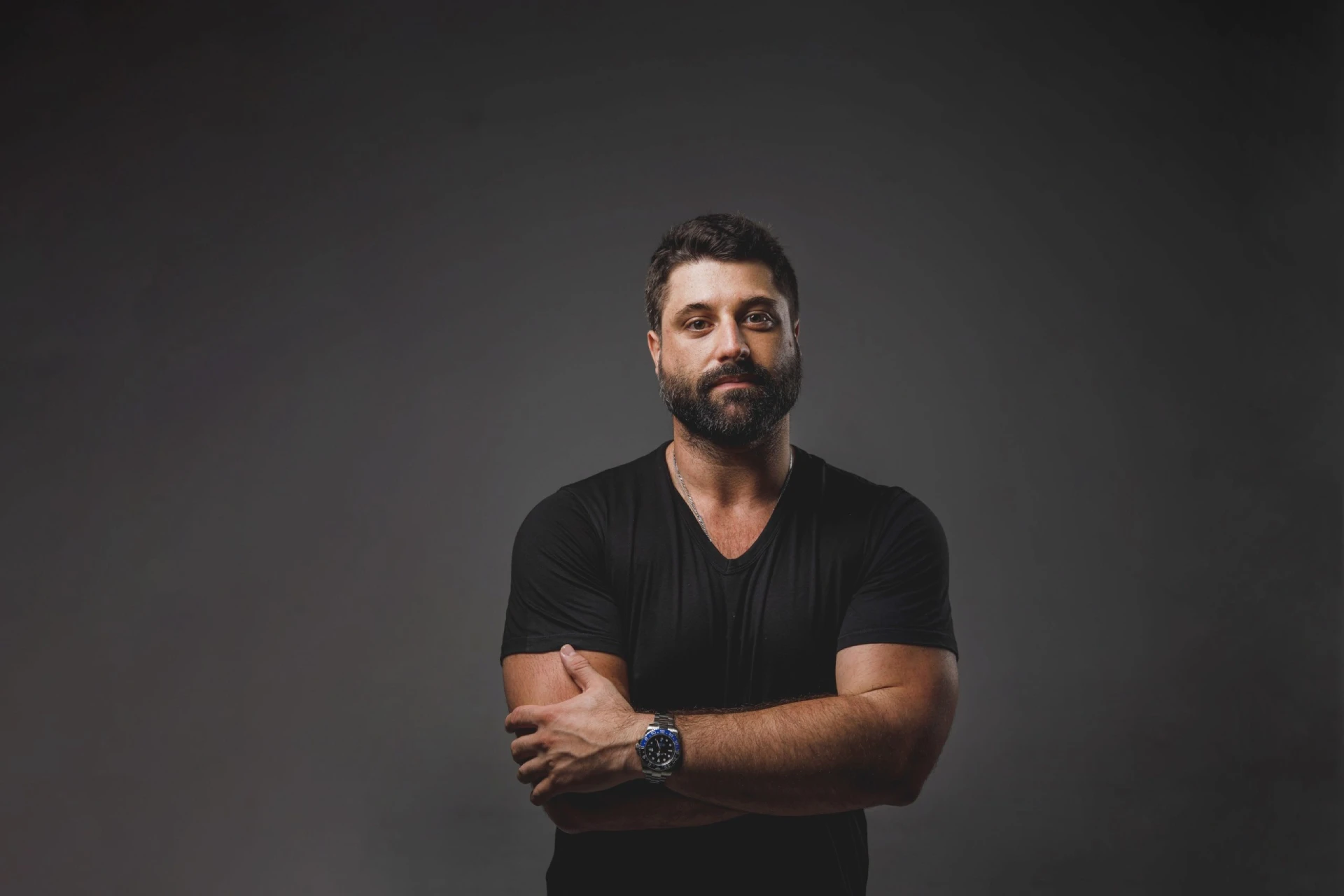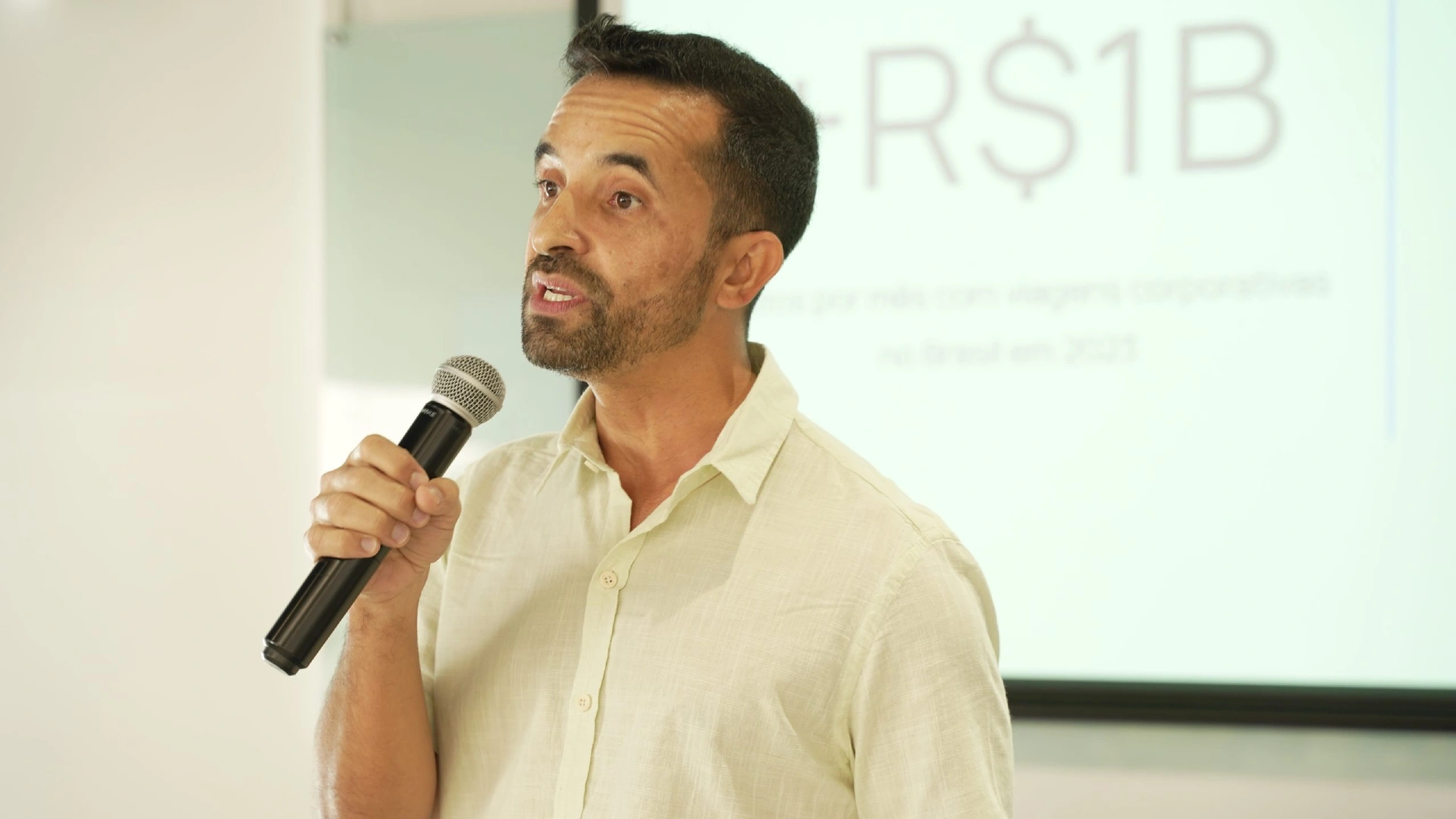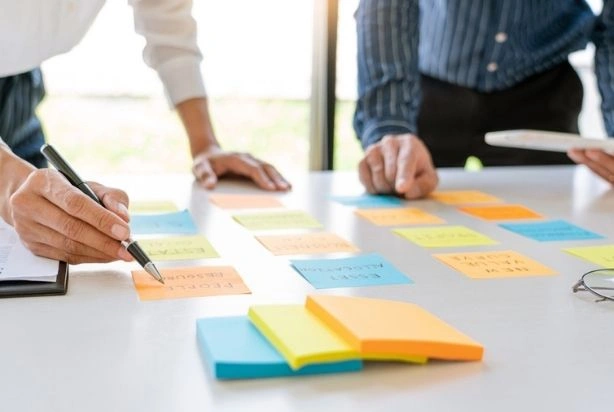
Face the challenge of information overload and learn not to waste energy by focusing on data that drives meaningful action. Plus, check out practical tips for exercising your mind and standing out in today's digital landscape.
The Challenge of Brain Obesity: How to Keep Your Mind Agile and Productive
Nowadays, just as excessive consumption of sugar and flour can negatively affect our health, too much information can make our minds slow, unfocused and inactive.
Contrary to common belief, the "cerebrally obese" is often a highly intelligent person. These individuals, who are dedicated to their studies and regularly attend courses, lectures and seminars, face a serious problem due to the excess of information they consume.
Most of these scholars, despite accumulating vast knowledge, end up unable to put into practice even 1% of what they have learned, being swallowed up by the excess of information. When this excess is combined with a lack of attitude, a dangerous condition of cerebral obesity emerges.
To put this into context, a nine-year-old child with a cell phone today has access to more information than former US President Barack Obama had in 2009. Easy access to information becomes a trap when we get lost in a bombardment of content with no concrete action.
The Challenge of Information Overload
Have you ever thought about how many times we open our cell phones in search of specific information and end up distracted by messages on WhatsApp, Instagram or TikTok?
Even the consumption of information requires energy, and our brain, efficient in its management, saves energy by not storing data that doesn't contribute to future experiences or actions.
In short, we become "ghosts", feeding on unnecessary content that is soon forgotten.
In comparison, an obese brain resembles a slow, unfocused brain, similar to someone who consumes too many carbohydrates without exercising.
How to exercise your brain and be smarter?
I've listed 3 tips for training and making your brain "work harder":
First of all, be selective with your information consumption. Don't want to eat everything, all the time!
Therefore, choose what you are going to consume and the objective of the study in question.
Remember that continuous learning is extremely important, but wanting to know everything certainly won't get you very far.
So try to choose what you learn and make sure you put that information into practice straight away.
Regardless of whether or not we act with mastery, our brain needs to receive a reward for an effort, which makes it pay attention and store that information properly.
"Prepare, shoot and aim"
What do you mean "prepare, shoot and aim?" Wouldn't the correct word be "prepare, aim and shoot?"
The answer is no, because if we aim too much, we'll never know where that shot is going to hit and we'll spend our whole lives analyzing, thinking, trying to find the best moment to do what needs to be done.
I'm not talking here about reckless and thoughtless attitudes, but rather attitudes that have managed risk, because just as there are no results without calculated risk, there is no learning without practice.
Secondly, since you don't need to know everything, use shared knowledge.
According to popular wisdom, the intelligent learn from their mistakes, but the wise learn from the mistakes of others.
Don't waste time wanting to know everything, often the best question is not "how" but "who".
In other words, who can help you with a particular piece of information? Who is an expert on this subject and could give me a simple lesson? Who can do this task for me?
The power of a multidisciplinary team is still too little explored.
Choose carefully what you learn and what you consume from other people.
Don't waste energy
Finally, the third and last thing I'd like you to take away from this text is that information without action is a waste of energy.
Focus all your attention on consuming information that will lead to action!
According to research, the average concentration time of an animal is 9 seconds, while that of most people is only 8.
Our ability to concentrate is decreasing, and this is one of the main reasons why you need to focus on the things that are important to get you where you want to go.
As Herbert Simon, winner of the Nobel Prize in Economics, says, "Information consumes the attention of the receiver. A wealth of information creates a poverty of attention."


